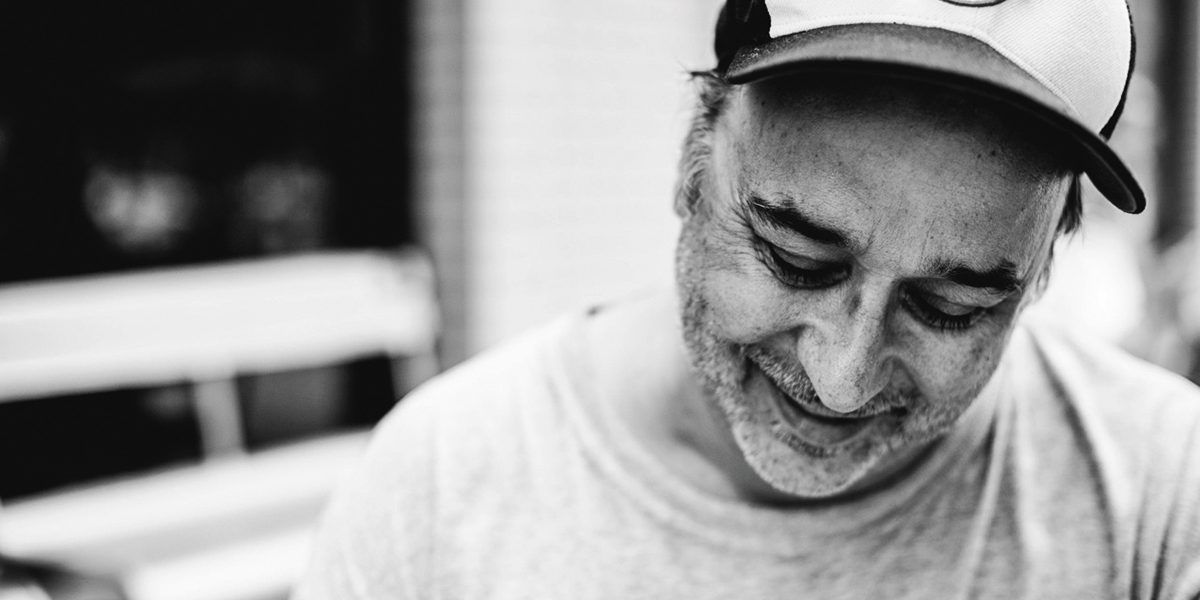Arts & Culture
Q & A: Rafael Alvarez
What makes Baltimore so appealing as a setting for fiction?
Besides the fact that it’s your hometown, what makes Baltimore so appealing as a setting for fiction?
The
question that is asked a thousand times of artists mining the plentiful
but seemingly worthless ore of Baltimore (it’s not gold, it’s iron and
slag and we try to spin into something that glitters, if only when the
sun hits it just right.) For me it’s the age of the place—as old as just
about anything in the area that eventually became the United States—and
its also the romance of sailing ships and the sea and the true polyglot
of people and their faiths. No matter what they put up in this town, it
was built upon something that makes for a better story: Burke’s beneath
the chicken fat of a Royal Farm at Light and Lombard; orthodox
synagogues and the bones of organ grinder monkeys beneath the new
restaurants of little italy, heavy metals deep in the soil beneath
Harbor East. I make sure I find someone who still remembers and launch
them onto the canvas of my fiction, which is really one very long
story—a mural—being written one panel at a time.
You’ve
also lived in Los Angeles, a city that attracts lots of aspiring
writers, actors, musicians, etc. As a devoted Baltimore, what was it
like living there?
I tried, but I never really liked it. I
arrived too late in life (mid 40s) Tried to enjoy Dodger Stadium but it
only reminded me of where I wasn’t (Camden Yards); became good friends
with a guy from Pigtown, John Elliott IV, who photographed red carpet
events and when we were at PINK’S (the famous LA hot dog joint) we
talked about the old Polack Johnny’s on the Block … went to Mass at
the futuristic LA Cathedral (shot part of my rosary documentary there)
but wished I was at St. Leo’s on Exeter Street.
How has your work as a journalist informed your short stories?
The
two cannot be separated. Baltimore is the great subject of my work – I
still recall trying to figure out at about the age of 20 two seemingly
crucial aspects of becoming a fiction writer: whether to create a truly
fictional world (re-naming everything, inventing new streets, etc.) or
choosing some exotic locale (or a series of them for my stories) and the
real answer for why I chose Baltimore (one of my better decisions) was
it just made a very difficult craft much easier.
The
characters in your stories come from the streets, but they tend to
believe in something bigger (be it Catholicism or the music of Johnny
Winter). Do such things offer more than solace from reality?
O’Malley
took a lot of shit for the BELIEVE campaign. It was one of his ideas I
supported. I believe that mysticism and faith can change things,
particularly in a charming city like Baltimore where the average
person—and in Baltimore it’s a pretty tough ‘average’—is just trying to
survive. We all need something bigger than ourselves— whether it’s the
Ravens or Transubstantiation—whether we believe it or not.
Music
plays a major role in some of these stories. What is it about the music
of Johnny Winter, Frank Zappa, and Dion that resonates with you?
Of
all people, Mr. Lewis—you, who once wore Ike Turner’s pajamas—you know
this is a question that must be discussed over a long evening of good
food and drink only to declare that we didn’t even scratch the surface. I
was 6 years old in 1964. On February 8—my namesake grandfather’s 60th
birthday—I was one kind of kid. After Sunday, February 9 (when The
Beatles appeared on The Ed Sullivan Show), I was another.
Gibby
Lukowski loses his virginity on a tugboat, and his family worked the
waterfront for generations. Wasn’t your dad a tugboat captain?
My
father was a chief engineer for the Baker-Whiteley towing at the City
Pier on Thames Street from 1957 until the company—then known as
McAllister—replaced the seafarer’s union workers with scabs. I have a
long chapter in The Wire: Truth Be Told about the great baltimore tugboat strike of 1966.
What are your favorite “Baltimore” books?
I don’t really read Baltimore books. My favorite Baltimore movie is Barry’s Avalon. I was re-watching it in 1995 when my former father in law—Ralph Rudacille, father of Deborah, author of Roots of Steel—was
struggling to beat cancer. Somehow the combo of a Baltimore that was
gone (Avalon) and this proud former steelworker from Dundalk fighting
for his life unexpectedly brought me to tears. Mr. Rudacille—as Pop
Pop—makes a cameo in the story “Nine Innings in Baltimore.”
